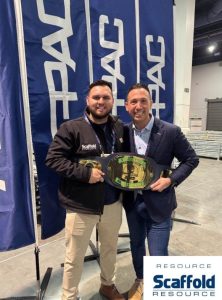SmartAsset and Yahoo Finance LLC may earn commission or revenue through links in the content below.
Employers can’t contribute directly to an employee’s personal Roth IRA, but they can still help with retirement savings in other ways. The SECURE 2.0 Act allows employers to contribute to SIMPLE IRAs and SEP IRAs that are set up as Roth accounts. This can provide employees with the benefits of Roth savings, including tax-free withdrawals in retirement, and significantly enhance an employee’s retirement savings strategy by leveraging the advantages of Roth accounts.
It’s never too early or too late to plan for retirement. Speak with a financial advisor today to get started.
SIMPLE IRAs (Savings Incentive Match Plan for Employees) and SEP IRAs (Simplified Employee Pension Plan) are retirement plans designed to benefit small businesses and self-employed individuals, but they differ in their structure and contribution limits. Here are some key distinctions.
SIMPLE IRAs are ideal for small businesses with fewer than 100 employees, due to legal employee limits. Employers must either match employee contributions up to 3% of their salary or contribute 2% of each eligible employee’s salary, whether or not the employee contributes.
For 2025, employees can contribute up to $16,500 (up from $16,000 in 2024) to a SIMPLE IRA, with an additional catch-up contribution of $3,500 for those aged 50 or older.
SEP IRAs are designed for self-employed individuals and small business owners. In a SEP IRA, only employers contribute, and the contribution is typically a percentage of the employee’s salary.
For 2025, the contribution limit for SEP IRAs is either 25% of the employee’s compensation or $70,000 (up from $69,000 in 2024), whichever is less. Unlike SIMPLE IRAs, SEP IRAs do not offer catch-up contributions, but they have higher overall contribution limits, making them an attractive option for business owners who want to save more aggressively.
The SECURE 2.0 Act introduced significant changes to retirement savings, including the option for SIMPLE and SEP IRAs to be offered as Roth accounts. Previously, these plans were limited to pre-tax contributions, meaning taxes were deferred until withdrawal in retirement. With the SECURE 2.0 Act, employers can now offer Roth SIMPLE and SEP IRAs, allowing for post-tax contributions.
This change gives employees the flexibility to choose between traditional pre-tax contributions or Roth contributions, which grow tax-free and aren’t taxed upon withdrawal in retirement.


